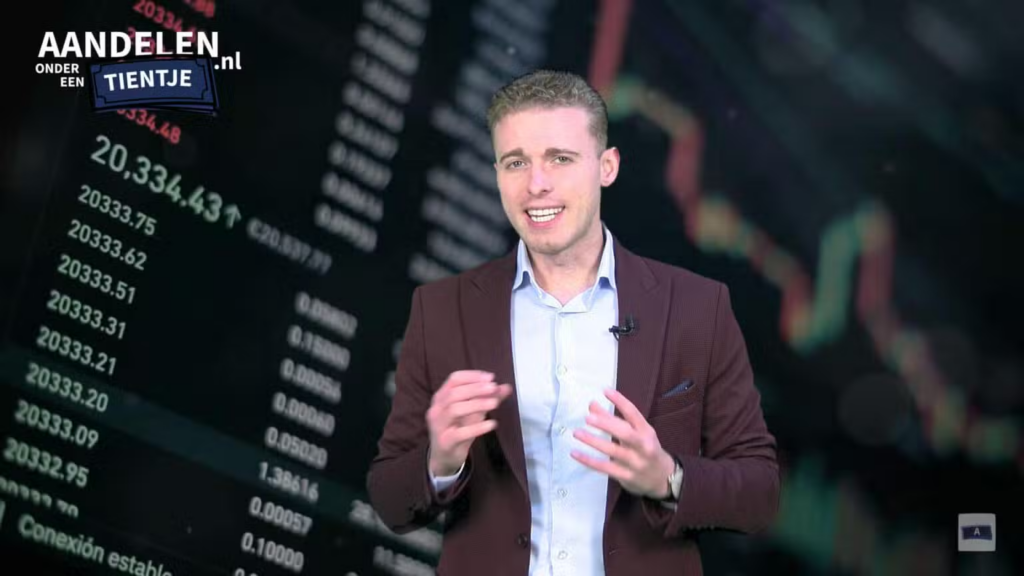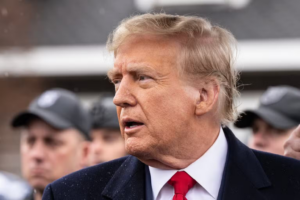In this video, Rick van Zelst discusses Deceuninck stock, a leading company in the plastics sector. Sharesunderonetientje bought this stock at €2.27, and now it is around €2.45. Thanks to an optimized production process and signs of recovery in demand for plastics production, Deceuninck offers potential for significant margin improvement. Is this stock still worth it for your portfolio? Watch the video and judge for yourself!

Analyse
We jump on the moving train…!
Yesterday we saw Avantium shares bounce back after a buy recommendation was issued. We are not hesitating, but are jumping on the train that has just started moving. The share has suffered greatly due to a large issue in which approximately €70 million was raised. Investors were disappointed and the price has collapsed! But what investors are overlooking in their frustration is that Avantium’s management has raised more than enough capital to finish their flagship, the FDCA factory in Delfzijl. A number of very large companies have committed to purchasing the promising bioplastic or to producing it under license. This indicates that this is a potentially groundbreaking product. The share is trading almost at its lowest point of the year and now that the financial position is in order for the foreseeable future, the risk-return ratio seems to have improved to such an extent that speculative investors can consider an investment. According to the initial planning, the FDCA plant in Delfzijl should be operational by the end of 2023, but the misery on the labor market – combined with the sharp increase in inflation – threw a spanner in the works. Not only did the delivery date have to be postponed (to the second half of 2024), but additional financing was also needed. With the completion of the recent €70 million issue, the financing is now completely in place; management expects to have sufficient liquidity well beyond the moment that the plant will be operational. If the plant in Delfzijl is successfully operational in the second half of the year, management expects to be able to achieve a turnover of around €100 million in 2026, with the EBITDA coming in around zero. This means that from that moment on, no more money will be spent – and Avantium therefore no longer needs to issue shares. In addition to two neutral recommendations, all other analysts have the share on “Buy”. The lowest and highest price targets are €2.40 and €9.57 respectively. The average price target is €5.24. Once the construction of the factory in Delfzijl is completed, it will be the first commercial FDCA factory in the world. If it succeeds before the end of the year, the share price will undoubtedly attract a lot of interest with sharply rising prices. Avantium has a market capitalization of only €170 million at the current price, but anyone who knows that the potential market is hundreds of billions also knows that there is a lot to be gained for the speculator. According to our expectation, the share price potential is between 100 and 400%, because if the FDCA factory in Delfzijl lives up to expectations, price targets of well above €10 can quickly be considered. We buy 1200 shares at €2.30 each. Author has position


